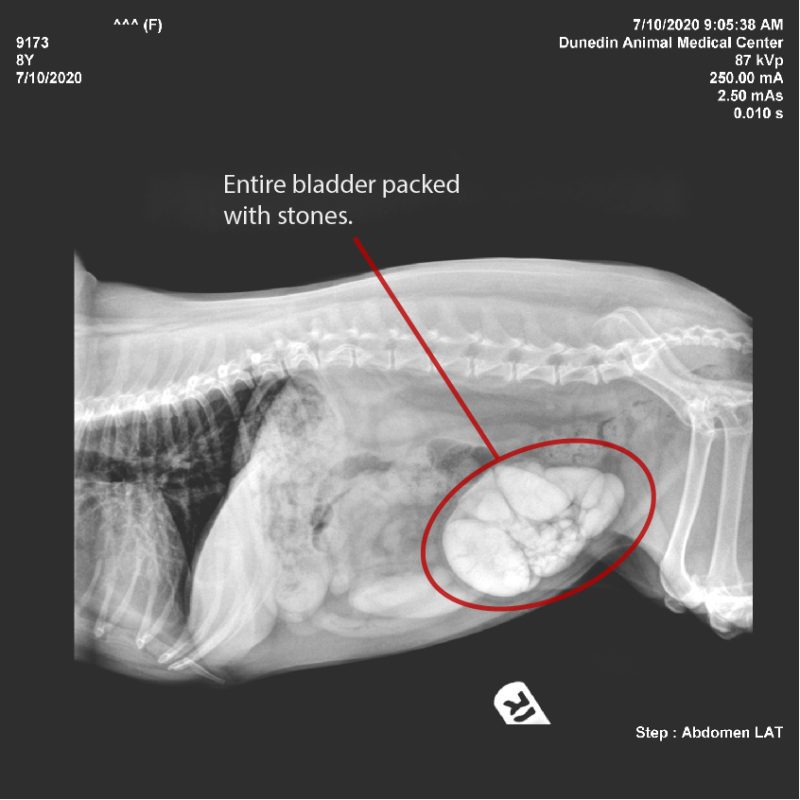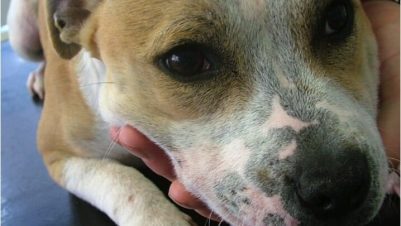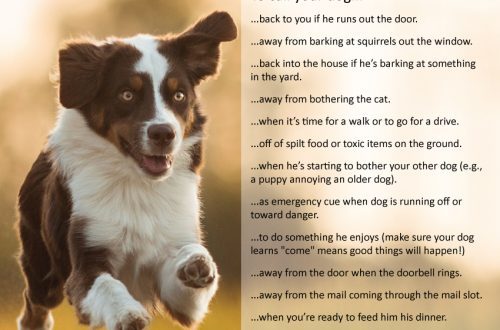
Watu kandung kemih ing asu
Paragraf
What is urolithiasis?
Urolithiasis is a disease of the urinary tract in which crystals or stones form in the urinary tract, which cause irritation, pain, and can lead to blockage of the urinary tract.
Apa watu kandung kemih?
Bladder stones, also known as uroliths, are collections of mineral crystals that coalesce to form a stone. Less commonly, stones can form in the kidneys. The pH level of a dog’s urine affects the development of crystals that lead to the formation of bladder stones. The most common is a struvite stone, which usually forms in alkaline urine. Other types of stones develop in more acidic urine.
What causes the formation of stones in the bladder?
Although there is no single cause for the development of urolithiasis or urinary tract disease, veterinary professionals recognize that there are circumstances that contribute to the development of this disease. Pay attention to the factors that increase the risk of kidney stones in your dog:
Umur. Dogs between the ages of 2 and 10 are the most vulnerable.
Lantai. The disease occurs with the same frequency in both males and females, but in males the risk of life-threatening urethral obstruction due to crystals or stones is much higher.
Infeksi. A bacterial infection of the bladder that causes alkalinization of the urine is the main cause of struvite crystal formation.
Feed. You probably already know that the food your dog eats is extremely important to maintaining his health. Unsuitable food can cause urolithiasis. High levels of certain minerals in dog foods increase the chance of crystals forming in the urine. Magnesium and phosphates are the mineral components of the most common crystalline struvite. Do not feed your dog food with excessive amounts of these minerals. The food your dog eats also affects the acidity of the urine (pH). It can stimulate the formation of stones, so it is important to provide your dog with food that will help keep his bladder healthy.
Asupan banyu ora cukup. Not getting enough water makes the urine more concentrated, making it more likely to form stones.
Breed predisposition. Small breed dogs are more vulnerable than large breeds. In addition, some breeds, such as Schnauzers, Dalmatians, Yorkshire Terriers, and Bulldogs, are more prone to developing bladder stones than others.
Other contributing factors could be physical inactivity, an inability to urinate frequently (common in indoor dogs), or decreased water intake.
Does my dog have a urinary tract disease or bladder stones?
When a dog suffers from a urinary tract disease, it feels uncomfortable. If you notice any of the following most common symptoms of illness, contact your veterinarian immediately for a complete examination of your pet.
- Tension during urination
- Getih ing cipratan
- Dog licks the genital area
- Incontinence or inability to control urination
- Weakened urination
- Kerep nggusah buang air kecil
- melorot napsu
- Loss of energy or lack of interest in normal activities
IMPORTANT. If you notice that something is preventing your dog from urinating, a blockage in the urinary tract may be a possible cause. Contact your veterinarian immediately as this condition can be life-threatening for the animal.
Perawatan: pentinge nutrisi
The food your dog eats is of great importance for his health and well-being. A balanced diet is an essential part of an active and healthy lifestyle for your pet. If your dog has been diagnosed with bladder stones, the issue of using the right food is even more critical. There is a direct link between diets rich in magnesium, phosphorus, protein and calcium and stone formation. Veterinarians believe that a dog’s diet with limited amounts of these minerals may help dissolve some types of urinary tract stones. For an accurate diagnosis and treatment options, contact your veterinarian. Also ask him to recommend the best food to keep your dog’s urinary tract healthy.
And remember, any dog that has been treated for urinary tract disease is at risk of relapse. Therefore, it is important to continue adhering to the diet and to closely monitor the recurrence of symptoms.
Urinary Tract Health Questions to Ask Your Veterinarian
- What can cause involuntary urination in a dog? What are the short and long term treatments?
- Be sure to ask if infrequent or disordered episodes of involuntary urination could be a sign of a more serious problem.
- Ask if the problem is behavioral, environmental, or medical.
- Find out how diet and water intake can affect your dog’s health.
- Should nutrition be part of my dog’s treatment regimen? Would you recommend Prescription Diet dog food to keep her bladder healthy?
- Apa yen aku duwe pirang-pirang asu? Apa aku bisa menehi panganan sing padha?
- How can nutrition help to cope with the problem? What are the benefits of dietary nutrition as part of a treatment that may include pills?
- What are the pros and cons of using nutrition to support my dog’s urinary health?
- Which form of food is best for dogs with urinary problems – granular or wet? Why?
- If you are feeding your dog a mixture of kibble and wet food, ask what diet foods can be mixed.
- Suwene aku kudu menehi panganan asu sing disaranake?
- Ask how diet foods help maintain long-term urinary health.
- Apa cara paling apik kanggo ngubungi sampeyan utawa klinik yen aku duwe pitakon (email/telpon)?
- Find out if your pet needs follow-up.
- Takon yen sampeyan bakal nampa kabar utawa pangeling email babagan iki.





